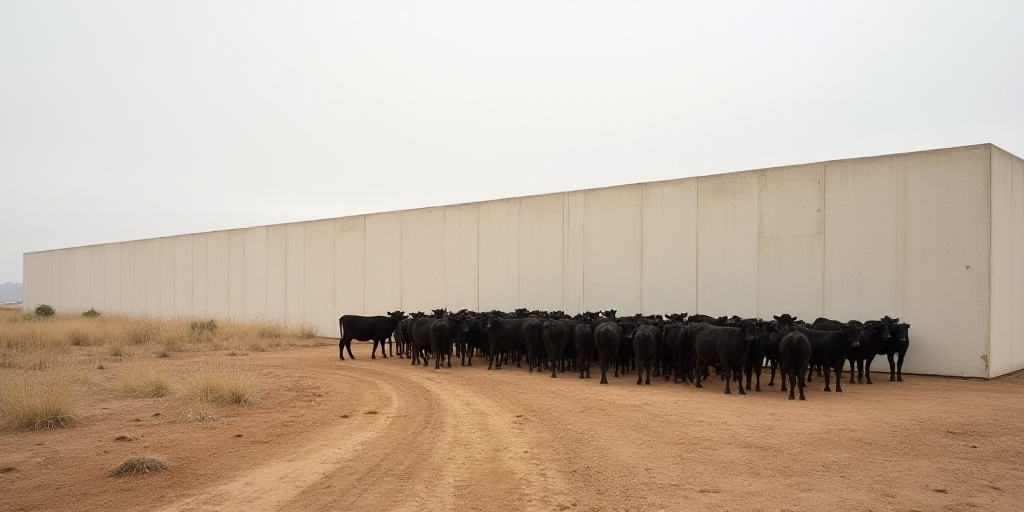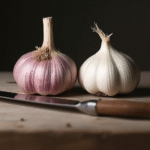Background on Jalisco’s Cattle Industry and its Importance
Jalisco, known as Mexico’s agricultural powerhouse, is home to a significant cattle industry. The region has historically exported cattle to the United States, but recent events have put this trade at risk.
Four years ago, ten municipalities in Jalisco’s northern zone lost their accreditation to export cattle to the US. Now, these regions are preparing to regain the necessary certifications to resume cattle exports.
Who is Antonio Ruelas and Why is He Relevant?
Antonio Ruelas, the president of the Regional Cattle Producers Union of Jalisco (UGRJ), is a key figure in this situation. His organization represents local cattle producers, and his insights are crucial for understanding the potential impact of the US import ban.
Potential Impact on Jalisco’s Cattle Prices
Although Jalisco does not currently export live cattle to the US, there are concerns that a prolonged closure of the border for cattle imports could negatively affect local prices.
“Currently, there is no economic impact on Jalisco’s cattle producers,” said Eduardo Ron Ramos, the state’s Secretary of Agriculture and Rural Development (SADER). “However, if the border closure persists for a long time, there will be more cattle supply, and the attractive prices in the current bovine market could decrease.”
Ron Ramos also acknowledged that the US needs to enforce biosecurity measures, but they are facing a shortage of cattle and meat. He expressed optimism that the US would adjust its strategy within the next 15 days, allowing cattle exports to continue flowing into the country.
Jalisco’s Efforts to Regain Export Certifications
After losing accreditation for exporting cattle to the US four years ago, ten municipios in Jalisco’s northern zone are working to regain certifications that would enable local producers to resume exporting.
“We used to export around 3,000 animals a few years ago,” explained Antonio Ruelas, the UGRJ president. “Currently, we don’t have any accredited zones for exporting, but we are working on establishing a new zone bordering Colima.”
Ron Ramos, the SADER state secretary, added, “We have a strategy with Colima to tackle brucella and tuberculosis in adjacent municipalities like Cihuatlán, Cuautitlán, Zapotlán de Vadillo, and Tolimán. We hope to declare the first export zone for calves to the US next year.”
US Tariffs Affecting Mexico’s Construction Industry
In addition to the cattle export concerns, the 25% tariffs imposed by the US on steel and aluminum have created ripple effects in Mexico’s construction industry.
Many steel subproducts used in construction are exported to the US for processing and then returned to Mexico as essential inputs for construction projects. Juan Manuel Chávez, the president of the Mexican Construction Industry Chamber (CMIC) in Jalisco, told El Economista that construction project values have increased by 5-6% for end consumers due to the tariff impact, primarily affecting the residential and industrial park subsectors.
Key Questions and Answers
- Q: Who is Antonio Ruelas, and why is he relevant? A: Antonio Ruelas is the president of the Regional Cattle Producers Union of Jalisco (UGRJ), representing local cattle producers and providing crucial insights into the potential impact of the US import ban.
- Q: How might a prolonged US border closure for cattle imports affect Jalisco’s cattle prices? A: Prolonged border closure could lead to increased cattle supply, potentially causing a decrease in the current attractive prices in the bovine market.
- Q: What is Jalisco’s plan to regain export certifications for cattle to the US? A: Jalisco is working on establishing a new accredited zone bordering Colima to tackle brucella and tuberculosis, aiming to export calves to the US by next year.
- Q: How have US tariffs on steel and aluminum affected Mexico’s construction industry? A: US tariffs have led to increased construction project values by 5-6% for end consumers, primarily affecting residential and industrial park subsectors due to higher steel subproduct costs.






